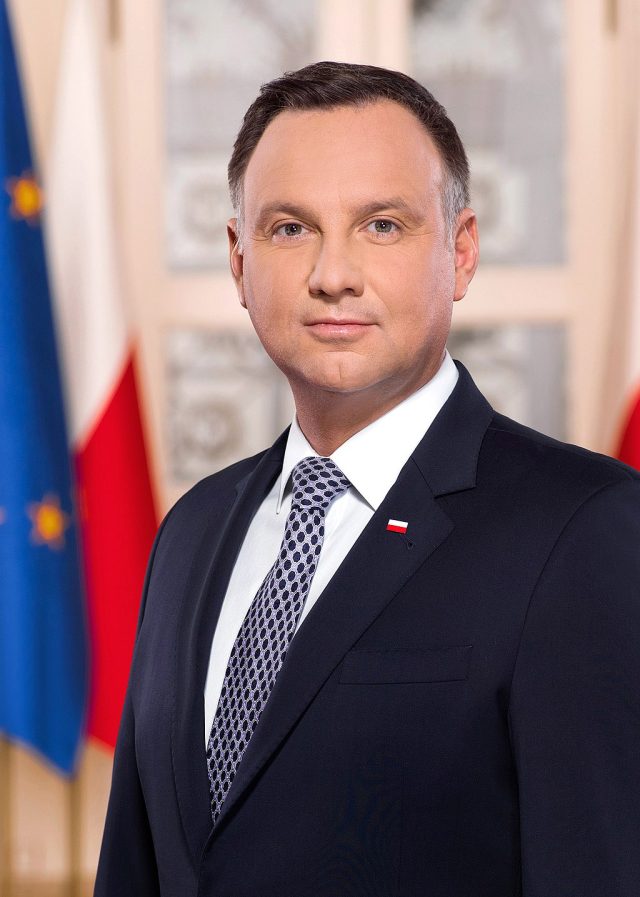
Before the latest change of government in Poland, when the PiS party lost to the Frankenstein post-electoral coalition led by Mr. Tusk, the accusation by the European Commision that Warsaw was not complying with the rule of law had to do with how that Member State wanted to organise its own judiciary power.
Last year, the European Parliament published a study about the potential jurisdiction of the European Court of Justice’s over national judiciary-related measures.
Article 19(1) of the Treaty on the European Union states, in its second subparagraph, that Member States shall provide remedies sufficient to ensure effective legal protection in the fields covered by Union law. However, that does not explicitly grant the Court of Justice of the European Union any jurisdiction over Member States’ judiciary.
On the other hand, the same Court issued its 2018 judgment Associação Sindical dos Juízes Portugueses v Tribunal de Contas, inviting Member States to bring to Luxembourg national judiciary issues, primarily via requests for a preliminary ruling.
Could one understand that such Member State judicial items are included under Article 19(1)? And to what extent? It would seem that the clause only requires legal protection to be successful in producing a desired or intended result and extends to matters pertaining to the Union competences.
Therefore, only in fields covered by Union law (not national) and where the legal protection is not effective could the European Court of Justice challenge national measures.
Let us also consider Article 47 of the Charter of Fundamental Rights of the EU. This provision grants the right to an effective remedy and to a fair trial. What is “an effective remedy”, according to this primary law? Paragraph one defines it: The solution given by a tribunal to everyone whose rights and freedoms guaranteed by the law of the Union are violated, with the conditions laid down in the same Article.
And paragraphs two and three describe those conditions: a fair and public hearing within a reasonable time by an independent and impartial tribunal previously established by law, plus the right to be advised, defended and represented, with legal aid being made available to those lacking resources in so far as such aid is necessary to access justice.
The joint interpretation of Articles 19(1) and 47 produce a clear understanding of the term “effective”, whereas “fields covered by Union law” is not an ambiguous term and should not need further interpretation.
Yet, according to Associação Sindical dos Juízes Portugueses, the term “fields covered by Union law” does not mean just aspects covered by Union legislation, but is broader than the notion of scope of Union remit. It does not focus on whether Member States’ tribunals are ensuring legal protection on fields covered by the international organisation, but on the tribunals themselves. From an objective focus on actions relating to the Union scope of responsibility, the Court of Justice deviates its regard to the national tribunals themselves and thus invents a jurisdiction over national judiciary.
This, of course, has served the European Commission to use the Court of Justice of the European Union as a lever to blackmail Poland’s conservative government from 2015 to 2023 in order to have them obey commands coming from Brussels.
Only two aspects of the Luxembourg’s Court of Justice interpretation give ways to a limitation of European power in order to reduce its invasion of national jurisdictions: First, Articles 19(1) and 47 should actually not be interpreted jointly, since the former applies to Member States while the latter is intended for citizens.
Second, originating in particular from Judge Sacha Prechal through an ex nihilo argumentation, Article 19(1) is not to be considered boundless, but only refers to institutional matters, whether coming from Union law or from national law. Nevertheless, that is not what Article 19(1) says in its second paragraph. Consequently, neither the Court of Justice nor Professor Prechal through her limitation are interpreting the law, as they indeed should in their judiciary quality; rather, they are creating it.
This is not only a source of danger for Polish citizens, but potentially for all Member States. Of course, with the new coalition Government in Poland, all these conflicts have been forgotten, as if by art of magic. The rule of law is not a question anymore in the Eastern European nation and the Court of Justice of the European Union has gone back to business – with ever growing powers under the ambiguity of the Treaties.
Image: President Duda (Wikipedia)



 Subscribe
Subscribe